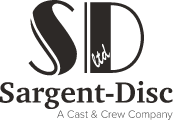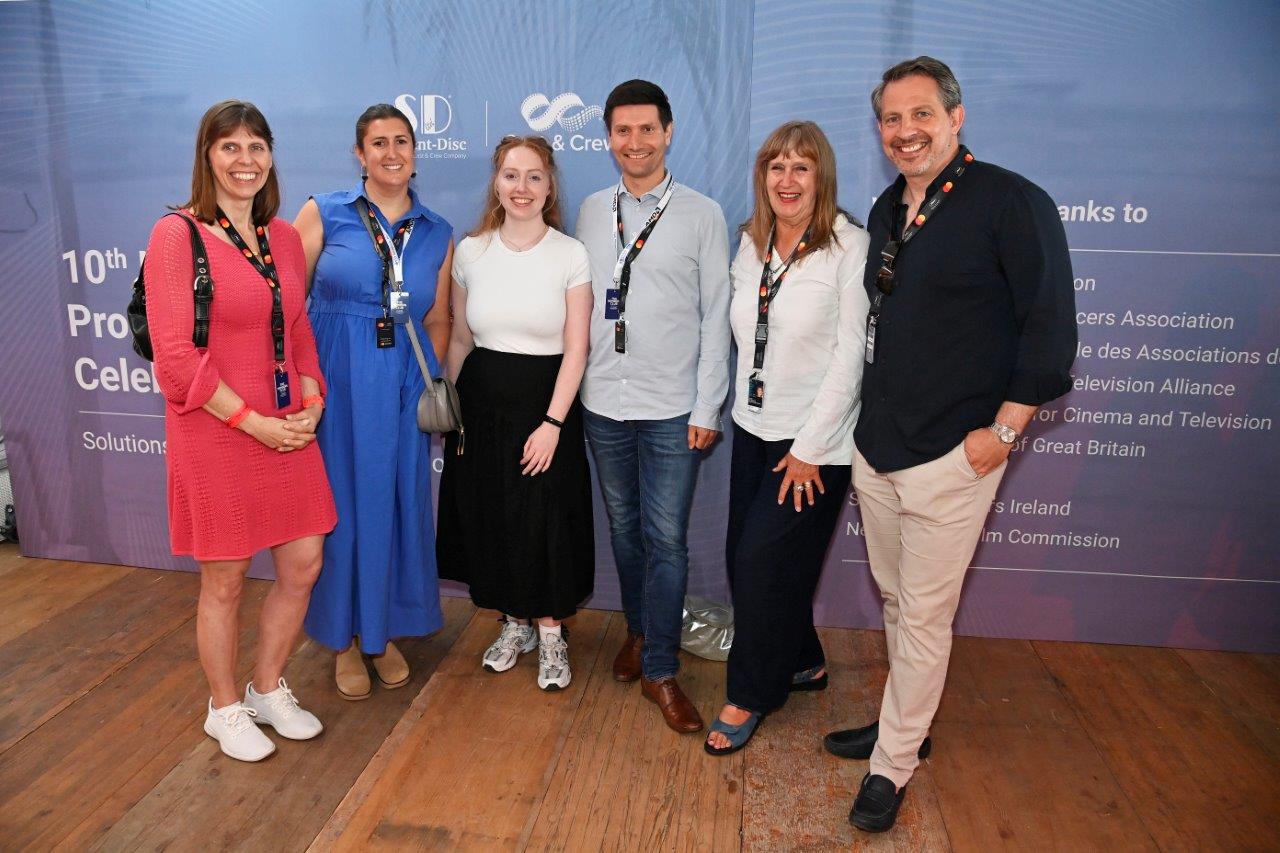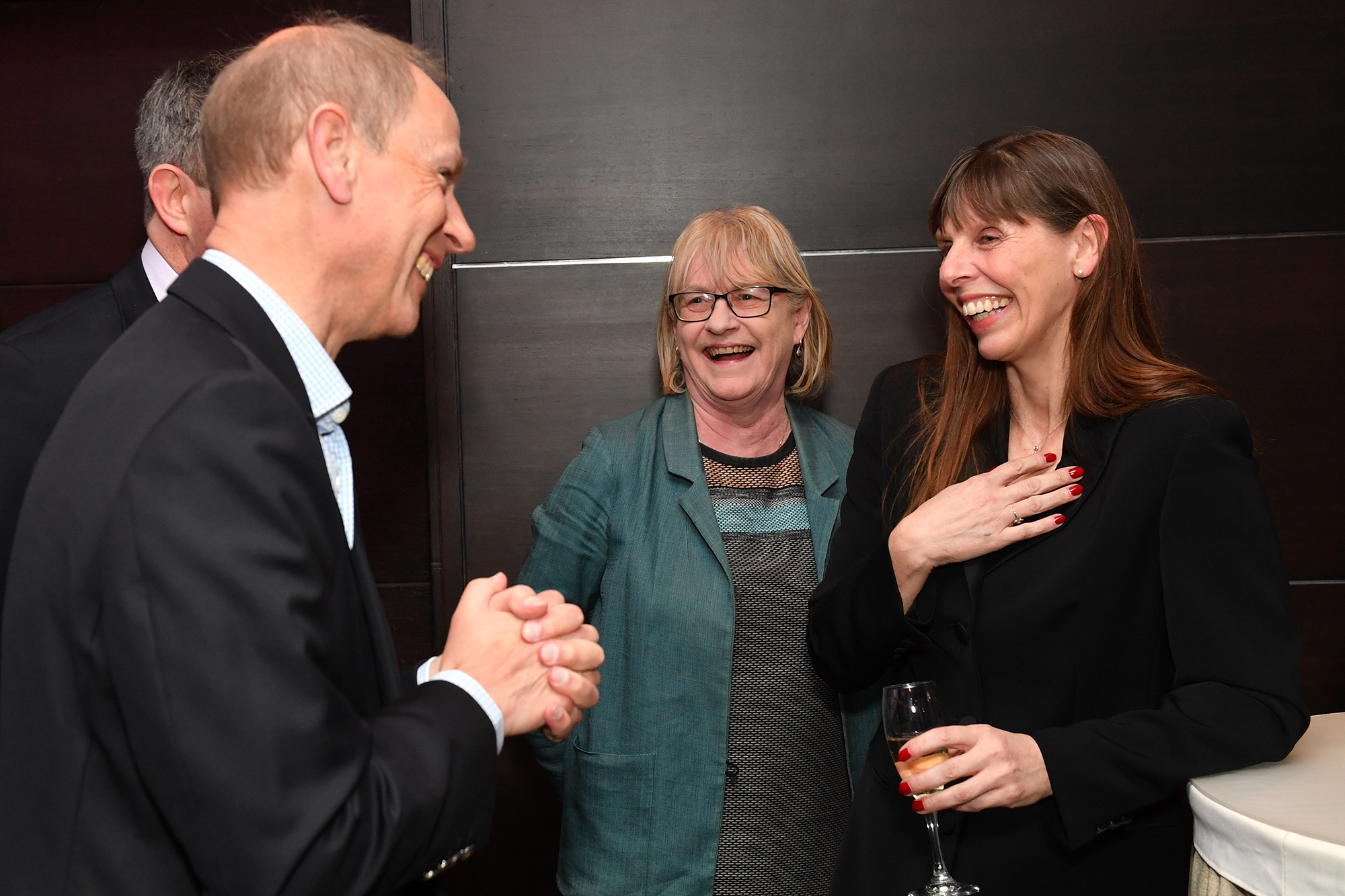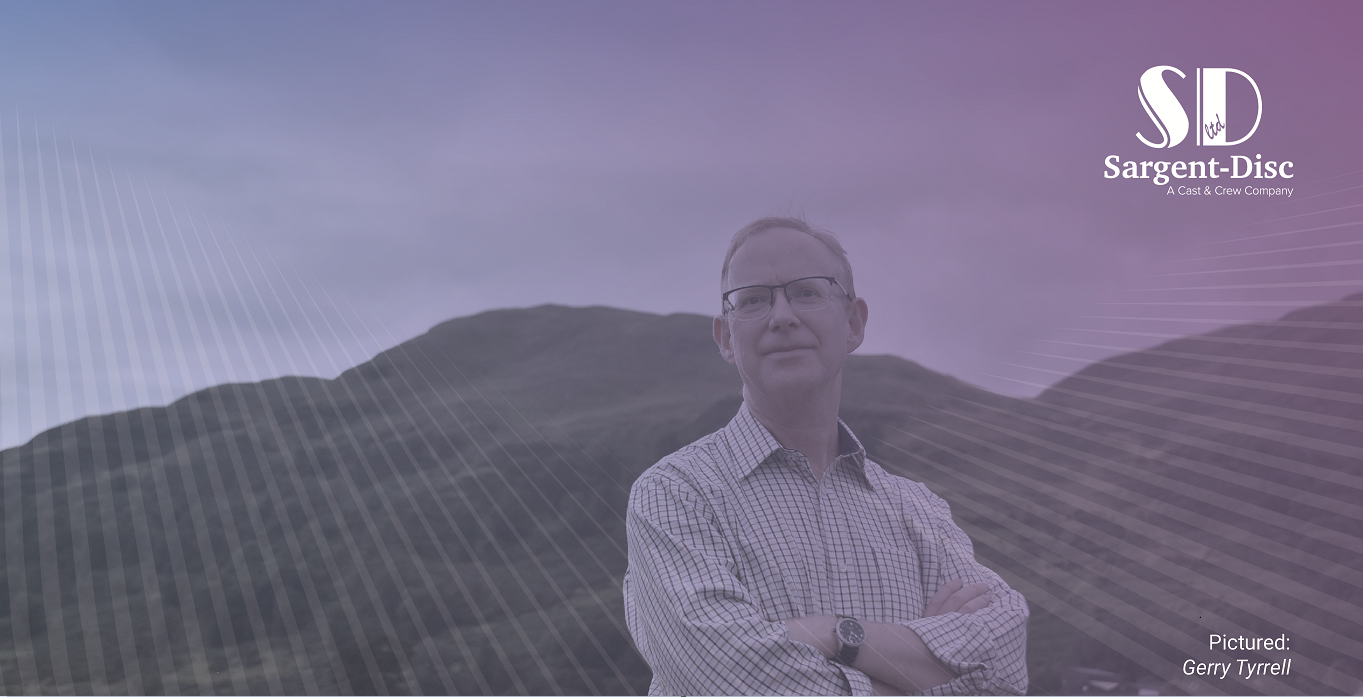
Article By Immy Mohr
Career Journey
I’ve only recently jumped the fence into Film and TV. Prior to that, I spent over 25 years in industries where precision, speed, and stakeholder trust were probably every bit as critical as they are on a production.
I began in Treasury, managing daily positions for currency and interbank dealers. It was a very early lesson in the true cost of cash and the sensitivities of cashflow!
I left to pursue my ACCA qualification, studying at night while managing financial accounting for Whirlpool’s Nordic operations. This role taught me how to partner across diverse European teams and currencies.
From there I moved into high-value medical equipment. It was hands-on: I built budgets and costing models to support complex manufacturing operations. To put it in perspective, in my first healthcare role we produced critical-care ventilators with an annual production cost of USD $ 200m. Two of devices ended up on the set of E.R. !
Working in medical technology, you’re helping to create products that save lives – but it also means navigating strict regulatory and commercial environments. I later supported a company that designed and manufactured retinal imaging devices before deciding to leave the sector in 2021. I’d achieved a lot and it felt like the right time.
It was an opportunity to ask: “What would I do, and what can I bring?” I’d always had an interest in stagecraft, so I explored options in screen. The NFTS Diploma in Production Accounting provided the bridge, which I completed in early 2023. After some ad hoc budget work, I landed my first screen industry job with Mammoth Screen on their shoot for Agatha Christie’s Murder is Easy.
I really enjoy it. There are so many parallels with my previous roles, especially in how you engage with production teams, non-finance departments and stakeholders to get the best outcome for the production and the production company behind it.
Most Memorable Production
The first job with Mammoth Screen really stuck with me. Great team, strong art department, and being a ’50s period piece, the set decoration and costume were brilliant.
It proved my transferrable skills worked in a fast-paced environment. Sometimes it’s just about being transparent – even a one-liner to an email: “Here’s the risk, here’s the mitigation.” That kind of communication keeps everyone aligned and informed.
Accounts are the first line of defence for areas with huge consequences at Company level – from Money Laundering and GDPR to the incoming Failure to Prevent Fraud offence (from 1st Sept). Large companies and their subsidiaries all fall within scope, so Accounts need the space to support this as well as the production.
Mammoth Screen’s accounting manual and delegated authority worked well. It gave flexibility at production level, and was actively supported at head-office. That really resonated with me: you tailor your controls to the size of the team. If there are only got three or four in accounts, you can’t run an exhaustive control framework, but you can still protect stakeholders and maintain compliance.
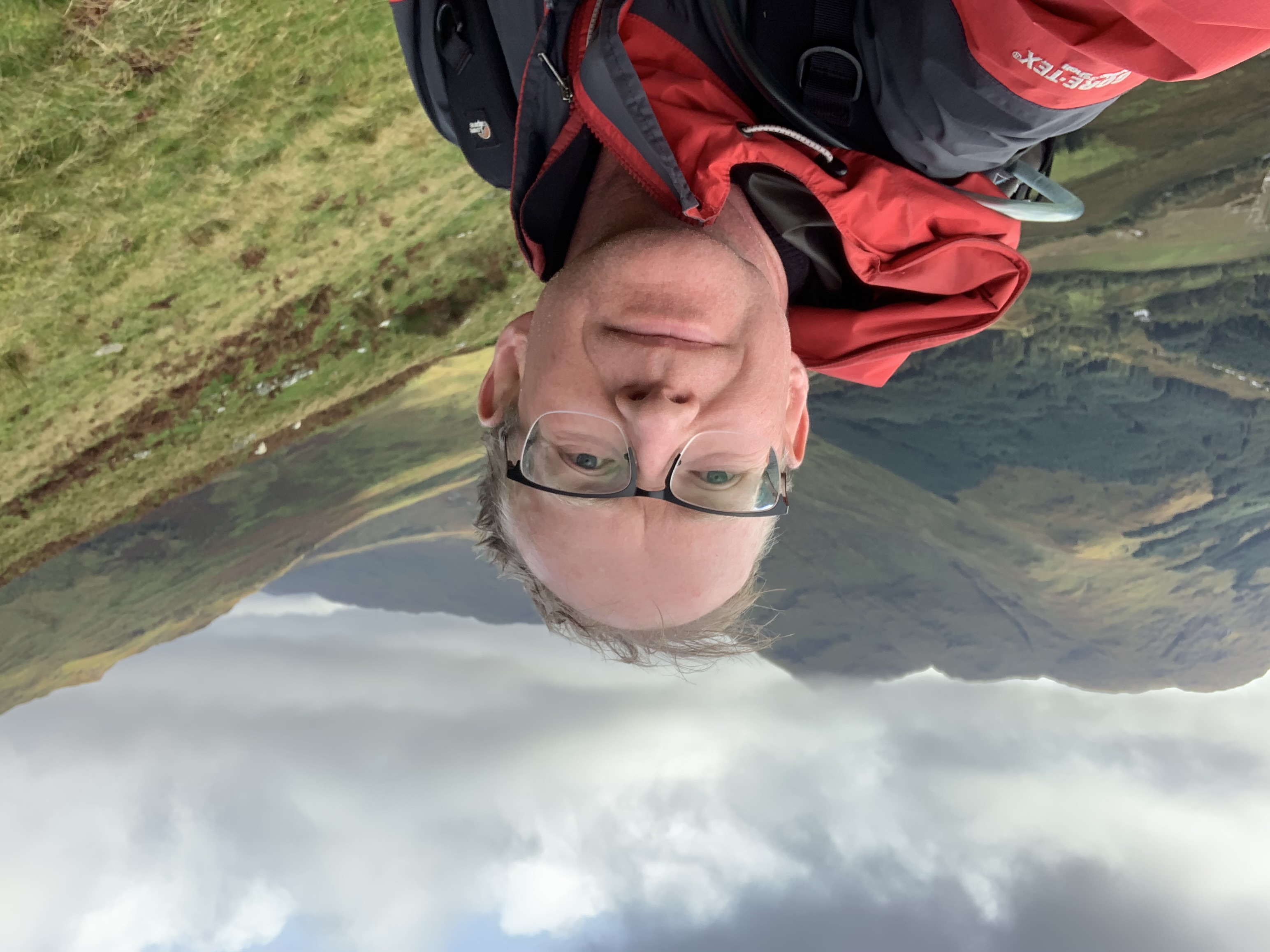
What I Love About the Role
I get to engage, learn and contribute at all levels of the production. My first port of call is usually the co-ordinators – they’re on board early, they spend money early, and they need support. Once you engage, there’s less chance of them going off-piste. It’s a bit like the factory floor: people will come to you if they have an issue or spot a risk. Sometimes it’s as simple as a WhatsApp check-in, sometimes it’s a more strategic conversation tied to the schedule and budget. Those approaches help build trust and keep the production moving.
Digital Transformation
At different points in my career, I’ve worked with two exceptional manufacturing directors who championed Lean principles. It was striking to see how they empowered these complex organisations to flex and absorb change at short notice – without extra headcount or capacity.
I brought that mindset into finance: mapping processes, removing waste steps, and focusing my team on value-adding activity. In production finance, I apply the same approach: set workflows up correctly from the start, make them scalable, and ensure each touchpoint counts.
Whether in a factory or a production, the aim is the same – remove bottlenecks, free people to apply themselves effectively, and keep things moving at pace. Always reflect and adapt: Ask colleagues outside Accounts how the process is working – they’re your most important customers.
I’m a champion for Digital Transformation. Finance isn’t naturally directly value-adding, so you have to find ways to make it so, whether that’s through insight or partnering with other departments. Going digital frees capacity.
On Mint (House Productions/Fearless Minds), I used the DPO and PSL integration and coached people to raise POs with consistent language. That text flowed through PO, invoice validation, matching, and into PSL. So, when someone searched the ledger or DPO, the same reference was there from start to finish. It was only entered once – no rekeying, no duplication.
I’d explored OCR technology outside screen, where our AP team handled 45,000 invoices annually. Back then the licence cost far outweighed the benefit. This time, the tech was accessible and it made a real difference. It gave the team space to focus on value-adding work and deliver a clean handover.
Other departments have embraced tech to move faster, but finance can lag behind, often running workflows originally designed for paper. Digital transformation is a real opportunity.
Tools of the Trade
My favourite tool is probably Excel. I’ve done a lot of forensic work where linked systems were not present, often establishing insight for the first time before building repeatable reporting.
I’ve learned to be cautious about overengineering. If you build something too complex, you become the sole point of support, and that’s a risk both for you and the production company. When spreadsheets replace what should be repeatable system processes – especially with macros or VBA – it’s a sign the core reporting systems need to improve.
Advice for Newcomers
You’ll feel loyal to the person who brought you in, and that’s natural, but don’t be afraid to move on. New teams, processes, budgets and availability of cash will stretch you, help you grow, and push you out of your comfort zone. Pick up new skills and ways of working, and carry the ones that fit with you. Engage early, be approachable and available – it makes everything smoother. That advice is not unique to screen – it applies everywhere.
Quick Fire Round:
Go to office snack?
Our craft team from Department Q made amazing millionaire shortbread, but off the shelf it’s a bourbon cream.
Excel or Google Sheets?
Excel.
Your dream production to work on?
In high school I dreamed of working for Jim Henson, so if another Muppets film came along, I’d jump at it. The Muppet Movie was the first film I ever saw on the big screen, and the “Turn Left at the Fork in the Road” gag has stuck with me since.

